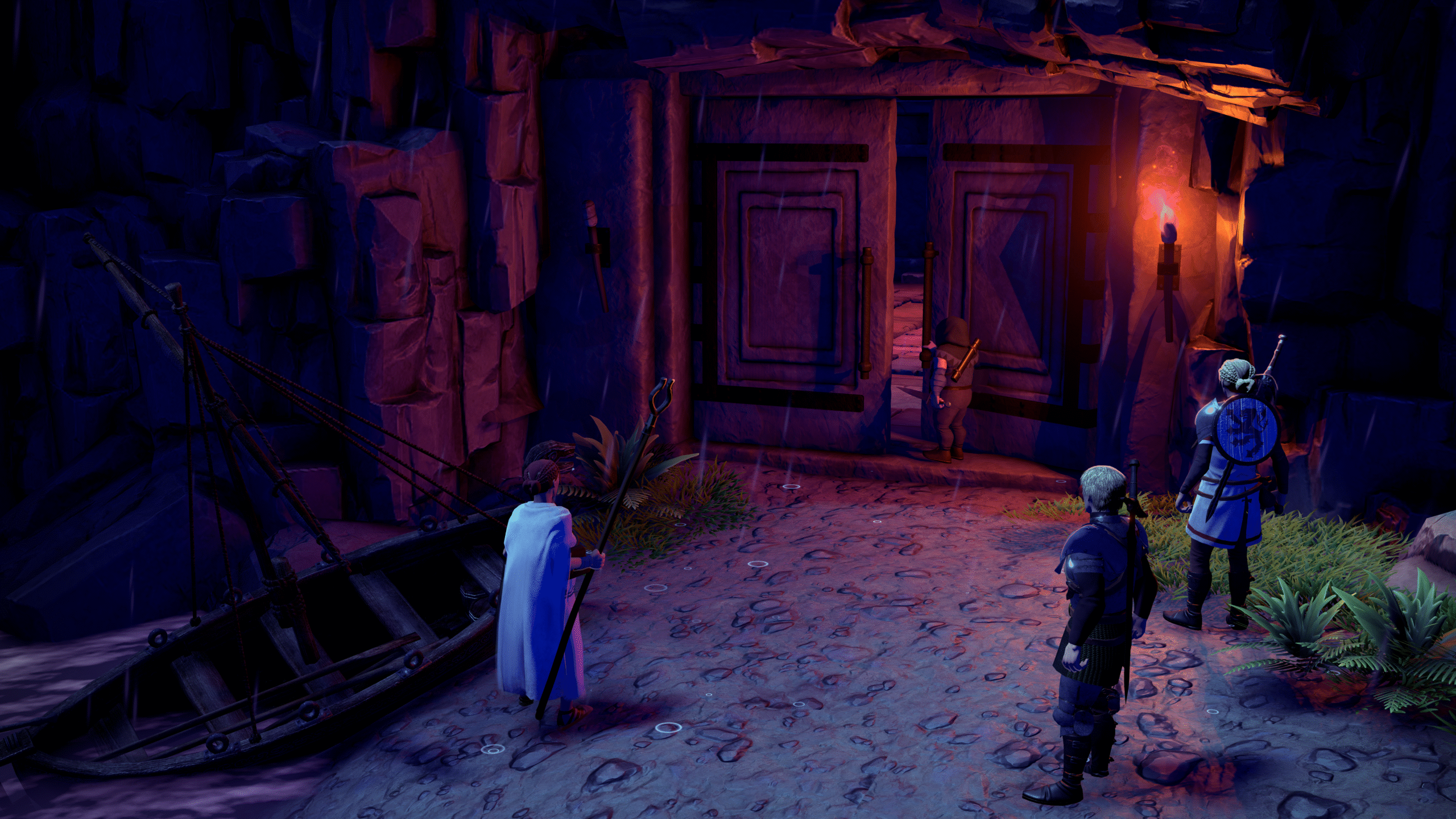The Dark Eye is one of those tabletop role-playing games that doesn’t get a lot of attention in North America. It’s known as the “Dungeons & Dragons of Germany,” and it’s spawned a number of PC role-playing games along the way (like The Blackguards series and Drakensang: The Dark Eye, an underrated release from 2009).
The Book of Heroes is a new direction for The Dark Eye. It’s a co-op role-playing game with real-time/pause combat, though you can play it solo with PC-controlled party members. Co-op is either online or local. It’s a standalone story and adapts the 5th Edition of The Dark Eye. It also focuses on eight smaller, procedurally generated storylines, not one epic story. With 12 professions and four species, Book of Heroes is more about tinkering with character builds and seeing how things turn out with different party compositions. At times, it reminds me of an old dungeon-crawler: Dungeon Hack, a 1993 D&D PC release in which you rolled one character and went into a procedural dungeon.

Unlock premium content and VIP community perks with GB M A X!
Join now to enjoy our free and premium membership perks.
![]()

![]()